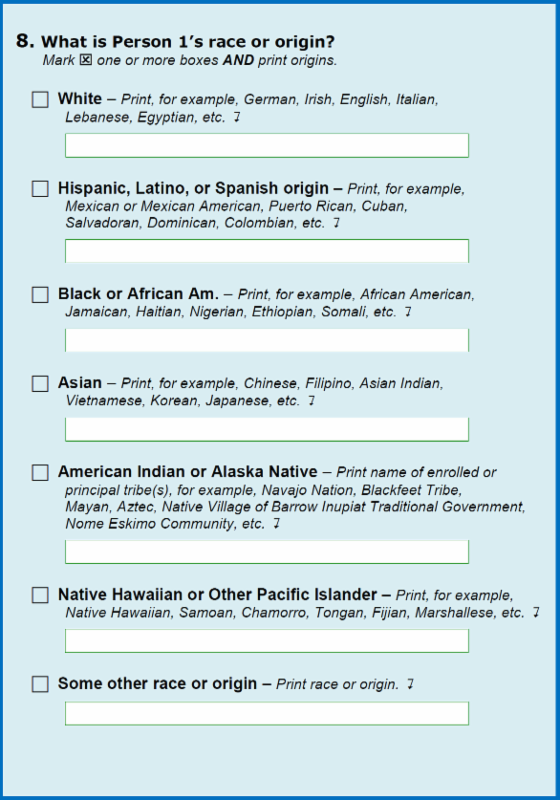JPS
formerly instagram
- 30,411
- 35,079
- Joined
- May 4, 2015
cars are sentient?
Follow along with the video below to see how to install our site as a web app on your home screen.

Note: this_feature_currently_requires_accessing_site_using_safari
@ ninja like he's really gonna drive his 18 wheeler to rusty to throw hands
cars are sentient?


I’m not here to debate you. You’re entitled to identify as anything you like. I’m just explaining my personal experience and perspective with it. It is what it is.its like telling a airplane its really a car because they both have engines and tires....
we're different groups of people..jesus christ
latinos DONT WANT TO assimilate and lose our culture or representation, why you think da census was basically gonna put us into a different category? answer it.

Now I know what an IG thot feels like, because I too have a washed up dude begging me for a pic.



cars are sentient?
*Dead*Ninja slick saying black Americans have no culture
While loving our music and the way we dress
Everybody black isnt African American tho. You know this. This is why you're choosing to ignore what I said earlier about the garifuna...i don't have afro American parents, im latino... simple.
Ninja slick saying black Americans have no culture
Like I said many threads ago. You dont speak for for all Latinos. You speak for yourself.latinos DONT WANT TO assimilate and lose our culture or representation, why you think da census was basically gonna put us into a different category? answer it.
you have got to mean black American culture. Black ppl are not exclusive to America You sound crazy. You cant make what you're saying make sense given facts.how is being adamant about Latinos keeping our own distinguished category for representation cultural purposes any slight on black people?
no one is asking you to and again who is we? You speak for yourself.we not surrending our demographic for no one or nobody, da money is there, da political power is there, and da population numbers are what they are.

Yes, I am a coward because I won't send a racist man who is in his late 30s a pic of myself so he can keep up the facade of being a tough guy.keep throwing rocks behind your keyboard...you'd vanish da second you'd have to reveal yourself.
coward.

Black people birthed civilization. Trace the rootsBlack people have no culture? What, did the Blues begin in Hispaniola? I know for sure that it didn't begin in Asia either.
@ ninja like he's really gonna drive his 18 wheeler to rusty to throw hands
my guy your like 39...put your shirt back on and sit your washed *** down.
Like I said many threads ago. You dont speak for for all Latinos. You speak for yourself.

lol, Please allow me to introduce myself. The handle is KHUFU.Black people birthed civilization. Trace the roots

oh I know that bro. I was cracking up when cats was asking why u learned Egyptianlol, Please allow me to introduce myself. The handle is KHUFU.
